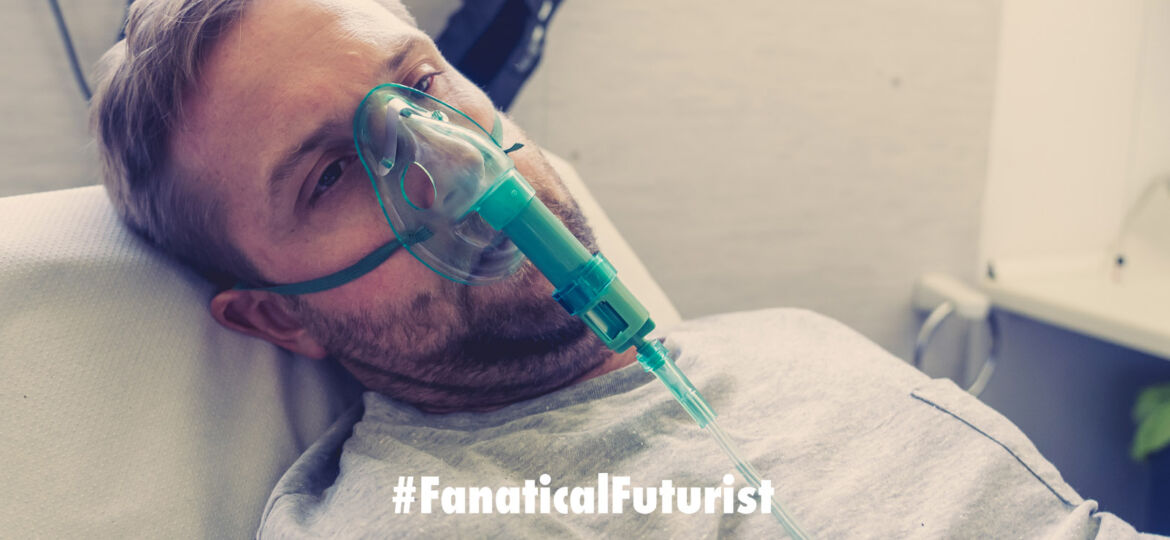
WHY THIS MATTERS IN BRIEF
3D printing is an on demand manufacturing technology, and in a crisis where there’s a shortage of parts and people can’t move around freely it’s come to the rescue.
 Interested in the Exponential Future? Connect, download a free E-Book, watch a keynote, or browse my blog.
Interested in the Exponential Future? Connect, download a free E-Book, watch a keynote, or browse my blog.
Technology is arguably playing a greater role in the COVID-19 pandemic we’re all suffering from today than it ever has, whether it’s autonomous vehicles being used to disinfect the streets in China, autonomous robots disinfecting the subways in Hong Kong, drones being used to keep people indoors in Spain, robots serving patients in the US, or supercomputers crunching compounds to find vaccines. And a few days ago another technology, 3D printing came to the rescue after, staff at a hospital in Italy realised they were running out of valves for patients’ respirators, which are essential for the most serious cases of COVID-19, when patients are admitted to the ICU.
The supplier wasn’t able to provide them in the short term, as the company itself was facing a shortage caused by the outbreak. Italy has been hit incredibly hard, resulting in more than 2,500 deaths so far.
The hospital, located outside Chiari in Lombardy, sent out a distress call through the newspaper Giornale di Brescia, which caught the attention of physicist Massimo Temporelli, founder of FabLab.
FabLab is an Italian company that specialises in innovative manufacturing solutions. However, the restrictions on movement imposed in Italy prevented Temporelli himself, who is based in Milan, from handling the matter.
After searching around, the physicist connected with startup Isinnova, which is based in Brescia — near Chiari, where the hospital is located — and has a 3D printer.
Complimenti a Cristian Fracassi, @temporelli73 e tutte le persone che lo hanno aiutato nella impresa di stampare in 3d le valvole mancanti per i respiratori dell'Ospedale di Chiari a Brescia.
(qui l'articolo completo https://t.co/QYZu6x9X1T) #SolidarietaDigitale #iorestoacasa pic.twitter.com/dF3G2RJY8S— Paola Pisano (@PaolaPisano_Min) March 15, 2020
Isinnova’s Cristian Fracassi and Alessandro Ramaioli collaborated with Temporelli and began manufacturing valves in the space of 6 hours.
In a Facebook post, Temporelli announced the moment the team managed to design a working valve which has now been used in the respiratory equipment of 10 admitted patients.
Italy’s Minister of Technological Innovation Paola Pisano acknowledged the achievement and congratulated those involved.
Once the valves are determined to have met all the necessary standards for approval, the team hopes to produce them for all hospitals that need them.
















